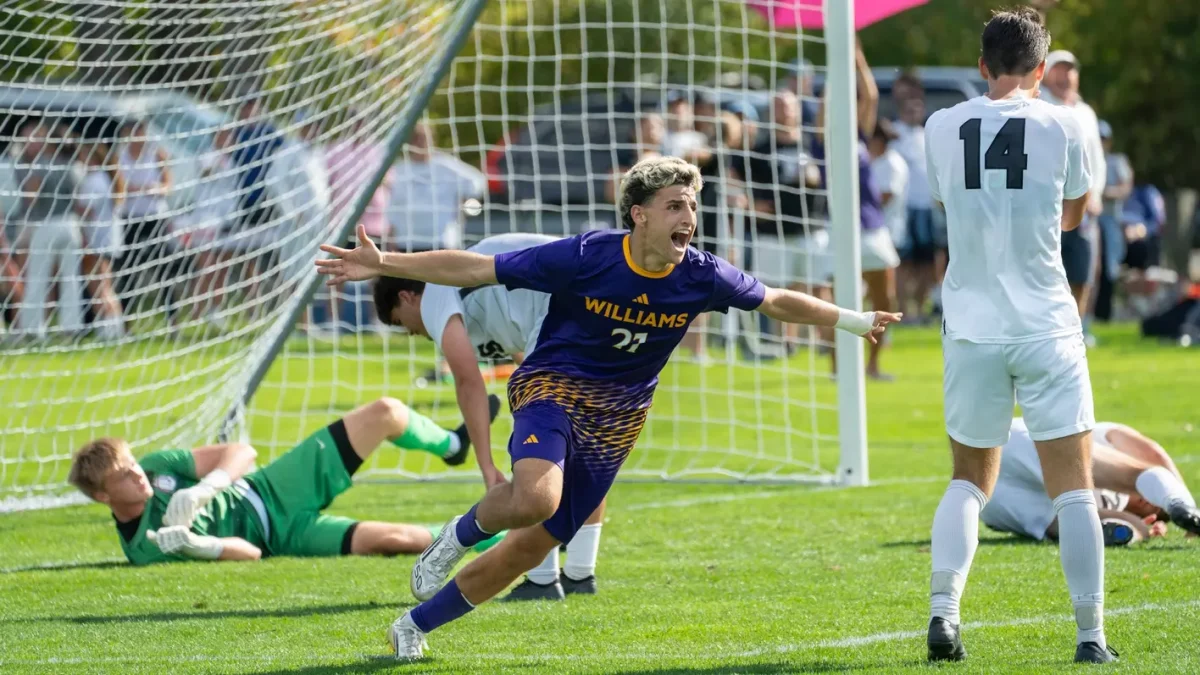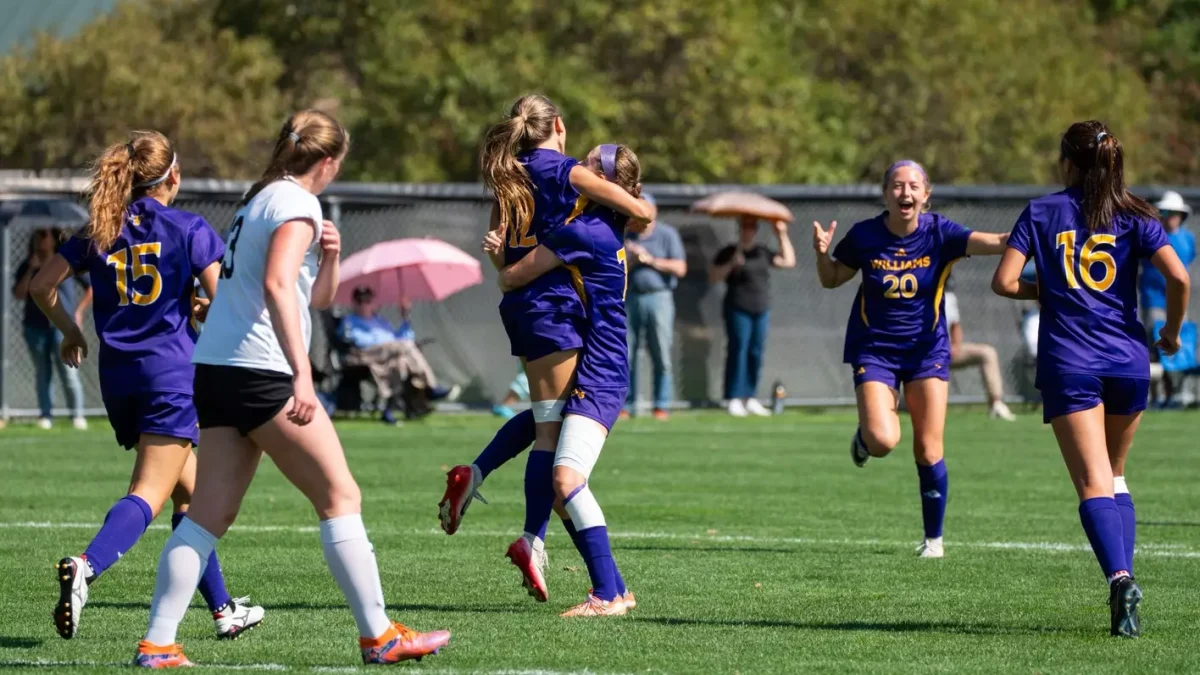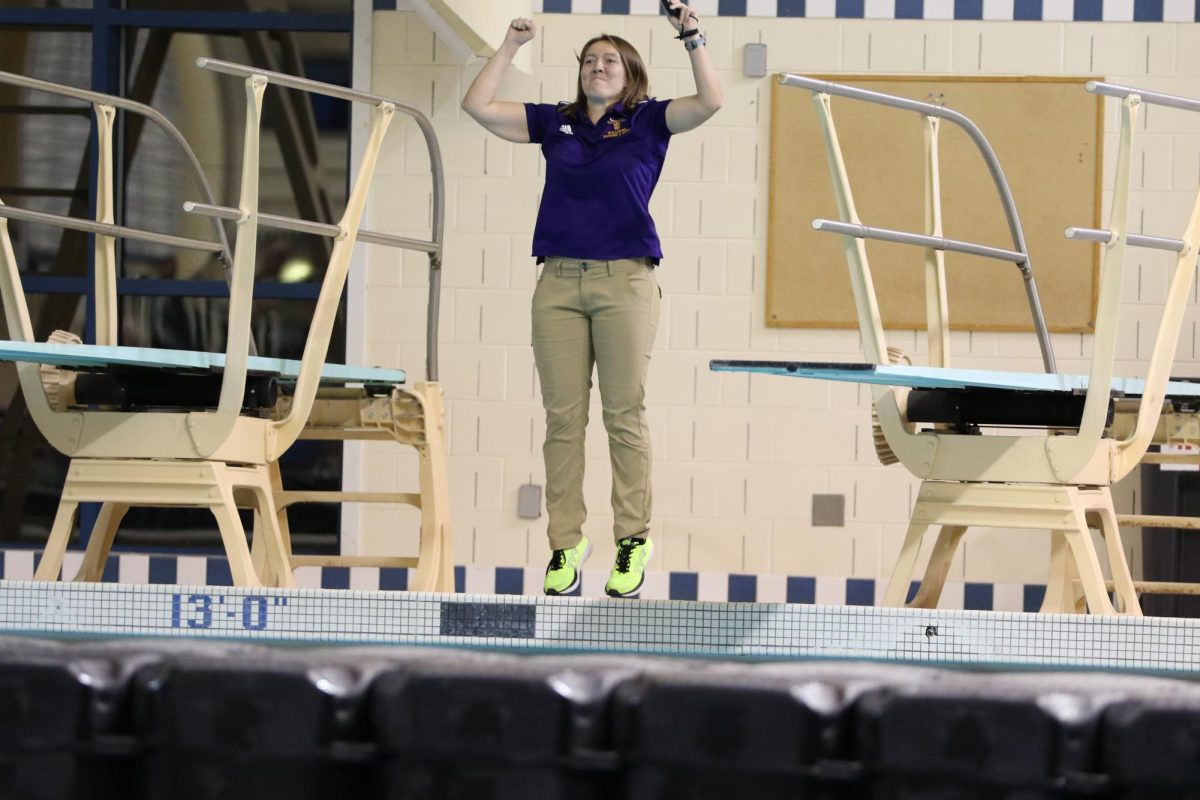Over Winter Study, the College’s Athletic Dept. implemented new baseline testing protocols for low and non-contact sports, following a recent NCAA settlement titled “The Arrington Matter.” The settlement specifies new “member obligations,” a set of regulations that NCAA member institutions are encouraged but not required to comply with. The standards call for increased concussion testing and reporting, as well as return-to-play guidelines and precautions during games.
“We are currently making changes in our policy in order to satisfy [the] ‘member obligations,’” the College’s Director of Sports Medicine Rodd Lanoue said. “There are not many stipulations in the [settlement] that differ from what we’re already doing or what the NCAA recommends.”
The most notable change will require athletes in low-contact sports to complete annual ImPACT, or Immediate Post-Concussion Assessment and Cognitive Testing. ImPACT tests are used as the baseline test to evaluate symptoms of concussion and assesses cognition to determine whether the individual can safely return to activity and/or daily routine.
“Although we previously evaluated every student-athletes’ brain injury and concussion history through the annual athletic screening process, we did not require ImPACT or balance testing for several sports with lower incidence of concussion related injury,” Lanoue said.
In accordance with the settlement, low contact sports, such as Cross Country, Crew, Tennis, Golf and Track and Field, began baseline ImPACT and balance testing over Winter Study. “Though the incidence of concussion is fairly [low] during competition [for these teams], our student-athletes are still suffering concussion injuries outside of their sport,” Lanoue explained. “Annual ImPACT testing will provide us with another layer of assessment in determining their readiness to return to activity.”
“The Arrington Matter” lawsuit was originally filed in 2011, when Eastern Illinois football player Adrian Arrington sued the NCAA after suffering five concussions as a student-athlete. Subsequent seizures and brain damage left him unable to secure employment after graduation.
Arrington rejected the NCAA’s preliminary settlement, arguing that it did not include sufficient countermeasures to prevent concussions and failed to act on the lack of financial support for student-athletes suffering from concussions and their aftereffects.
The final settlement established a $70 million-dollar fund from the NCAA for free medical screenings for student-athletes who played prior to July 2016 and an additional $5 million dollars for research on preventing and treating concussions. The settlement protects compliant NCAA member institutions from any future class-action lawsuits regarding concussion procedure, but does not shield the institutions from individual litigation.
Lanoue considers this settlement as a positive movement toward ensuring the safety and health of student athletes. “Moving forward, we expect that the ImPACT test … will be an annual requirement that we will choose to employ for all of our student-athletes participating in NCAA sanctioned sports.”








